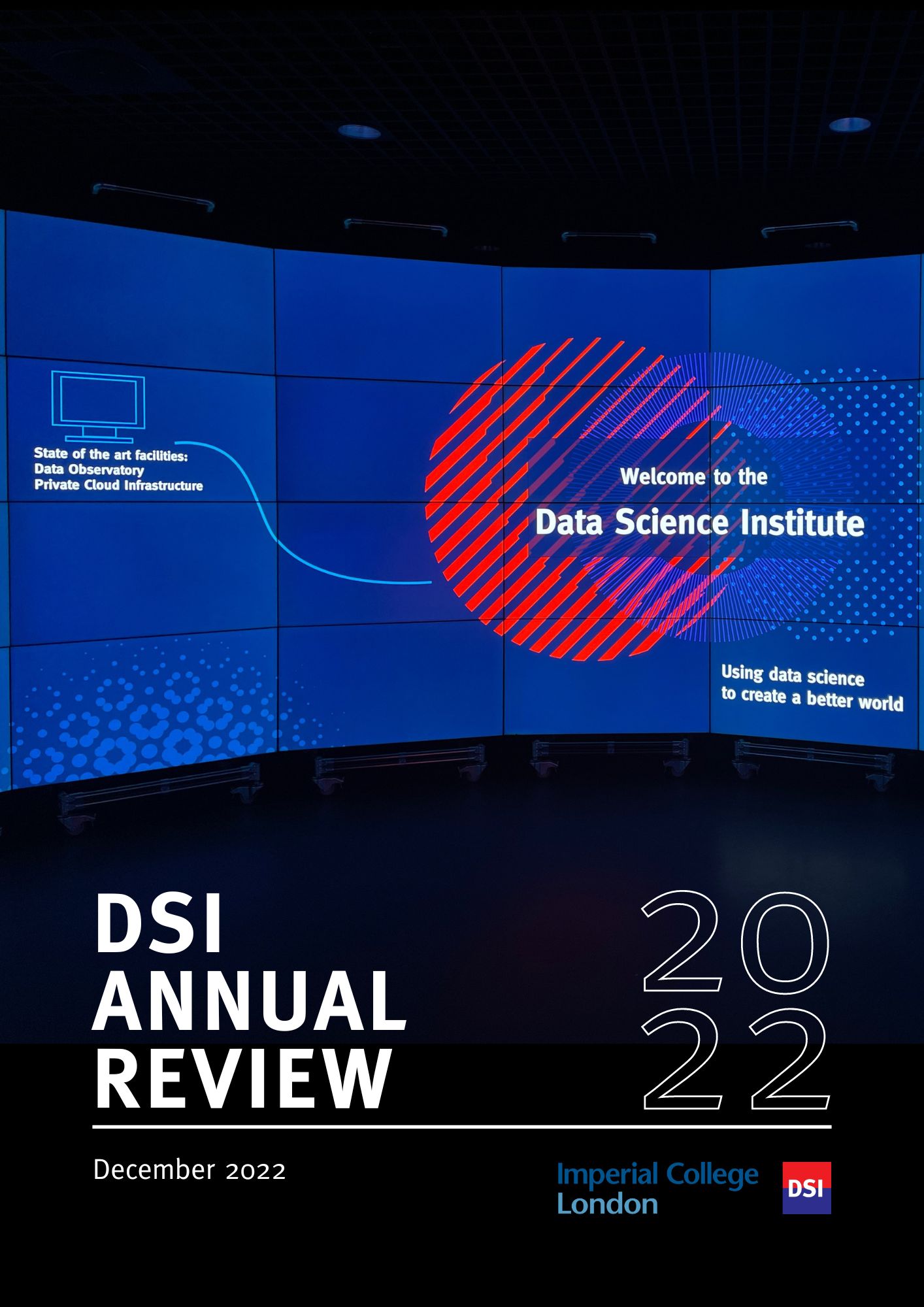BibTex format
@article{Ma:2016:10.1109/TCSII.2016.2536202,
author = {Ma, ZB and Yang, Y and Liu, YX and Bharath, AA},
doi = {10.1109/TCSII.2016.2536202},
journal = {IEEE Transactions on Circuits and Systems},
pages = {979--983},
title = {Recurrently decomposable 2-D convolvers for FPGA-based digital image processing},
url = {http://dx.doi.org/10.1109/TCSII.2016.2536202},
volume = {63},
year = {2016}
}

